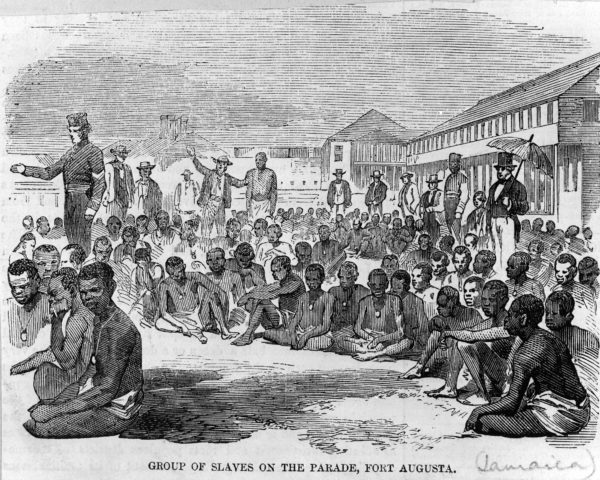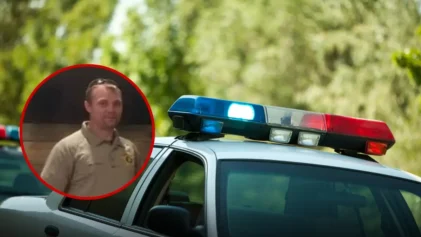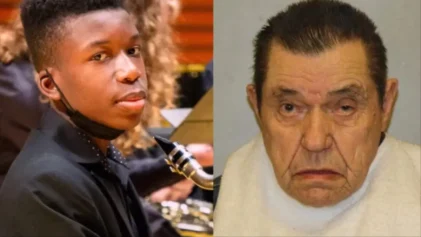Jamaica plans to seek reparations from Britain for its role in the Atlantic slave trade in the 17th and 18th centuries.
A former British colony independent since 1962, Jamaica was a grim destination for captured Africans who were part of the slave trade conducted by both the British and the Spanish. After the native Amerindian people of the island were exterminated by the Spanish through slavery and transmitted diseases, Africans were enslaved to work on sugar cane plantations.

According to the National Library of Jamaica, about 600,000 Africans were shipped to the Caribbean nation and exploited in dire conditions as money was funneled to wealthy plantation owners living in Britain.
“We are hoping for reparatory justice in all forms that one would expect if they are to really ensure that we get justice from injustices to repair the damages that our ancestors experienced,” Olivia Grange, Minister of Sports, Youth and Culture, told Reuters.
“Our African ancestors were forcibly removed from their home and suffered unparalleled atrocities in Africa to carry out forced labour to the benefit of the British Empire,” she added. “Redress is well overdue.” It’s estimated that a total of 20 million African people were enslaved during the slave trade.
The petition will be submitted to Britain’s Queen Elizabeth II and is connected to a motion filed by Jamaican lawmaker Mike Henry to seek more than $10 billion. The figure is Henry’s estimate of how much slave owners were compensated when slavery was abolished in Britain in 1834 and approximately 800,000 enslaved Africans were freed. Britain only finished paying off the interest on the loan used to cover the payments to slaveholders in 2015.
Jamaica was seized from Spain by Britain in 1655 and remained a British colony for more than 300 years. Queen Elizabeth remains Jamaica’s head of state, although Prime Minister Andrew Holness has said he would introduce a constitutional amendment to replace the Queen with a non-executive president as head of state.
“I am asking for the same amount of money to be paid to the slaves that was paid to the slave owners,” said Henry, a member of the ruling Jamaica Labour Party.
Before the petition is sent to the queen it must be approved by Jamaica’s National Council on Reparations and reviewed by the attorney general and multiple legal teams.
“The Attorney General’s chambers would need to weigh up the merits of the petition in the eventuality of the government of Jamaica’s involvement in the petition,” Grange said.
But some believe the massive price Jamaica paid to slaveholders upon abolishing slavery means the country has already done enough. Thomas Mace-Archer-Mills, historian and founder of the British Monarchists Society, told the Daily Star, “Britain has already paid its share and then some the price of freedom for Jamaica’s slaves,” adding, “There needs to come a day where individuals, peoples, and the nations of today need to take accountability for themselves…They need to take accountability for their own actions and situations, and stop blaming centuries-old dead people and less savoury histories of the past.”


